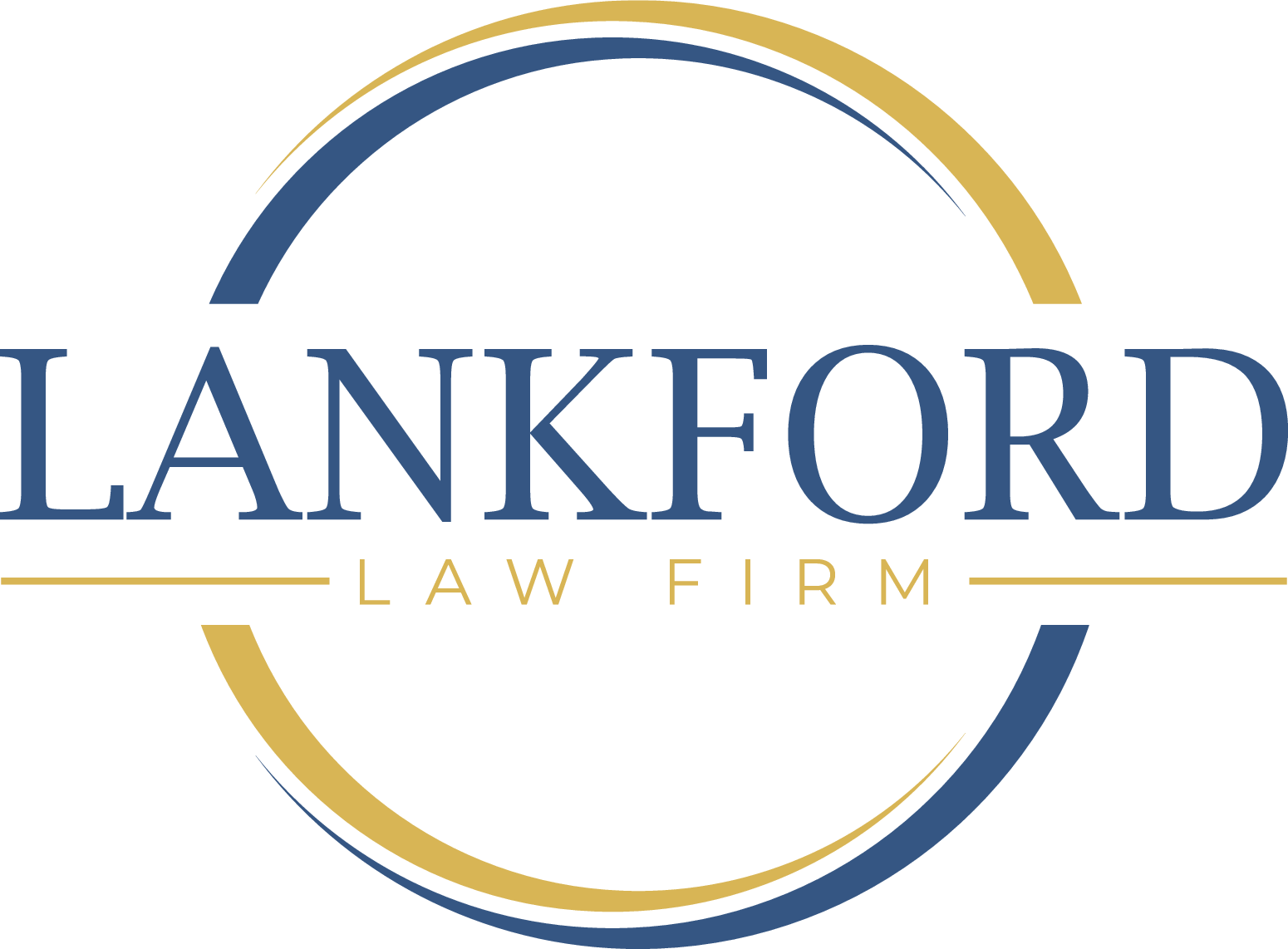As a business owner, you know you can’t let employee performance problems slide. If you don’t provide the right feedback and coaching, issues may not improve and your bottom line ends up paying for it.
It’s also important to know how to address these types of problems correctly—for the best performance results and to protect yourself legally. This guide covers some common employee performance problems and mistakes businesses make when dealing with them. It also provides some steps for handling these issues and discusses how a business law professional can help.
What Are Some Common Employee Performance Problems?
Company leadership often has to manage issues related to the workforce. Common problems human resources pros see in any type of environment include issues with team communication or personalities, employees not adhering appropriately to dress codes, and tardiness. Individual managers and supervisors may also have to address employee performance problems.
Performance problems are a specific type of issue that may arise with team members. Some performance problems occur because the team member is disregarding rules or training while others occur due to flaws in a process or because the person is not able to do the work at the required level. Some common examples of employee performance problems include:
- Not meeting production targets. For example, you might require that everyone process 10 pieces of work a day. If an employee averages five pieces of work daily, they aren’t meeting the expectations of their position.
- Errors or shoddy work. When employees average more errors than their team mates or fail to fall below error thresholds set by the company, you have a potential performance problem.
- Not supporting the team. In some cases, performance problems aren’t related to a specific metric like widgets produced or errors made. If a specific team member is unable to do what’s required of them to support the overall team or business success, this can also be an issue.
Potential Mistakes Businesses Make When Dealing With Performance Problems
You may want to hurry to address employee performance issues so you can get your team back on track. However, moving too fast and without considering the big picture can lead to mistakes that might land you or your business in legal trouble.
Here are just a few mistakes businesses can make when addressing performance issues:
- Not holding employees accountable to an understood requirement. Disciplining a person for not meeting a goal they didn’t know about isn’t fair, and it could lead to a lawsuit or other legal issue.
- Singling out individuals or playing favorites. Requiring one person to meet certain performance standards that you don’t require other people on the team to meet, giving some people a pass and not others, or otherwise showing any indication of favoritism or discrimination can be an issue for managers and companies.
- Failing to consider other important factors. In some cases, an employee may have rights protected by federal or state laws. For example, when holding individuals with disabilities accountable for essential functions of a job, you have to ensure those functions are, in fact, essential. You may also need to ensure reasonable accommodations were provided to help them do the work.
Some Steps to Consider When Addressing Employee Performance Issues
To avoid legal issues when holding your teams accountable for employee performance, consider taking some of the following steps.
- Put everything in writing. Communicate job standards and expectations in writing. Some documents where you can indicate requirements include job descriptions, employee contracts, and handbooks. If supervisors regularly update teams on performance requirements for the week or day, have them do so via channels where you can prove team members received the information—such as email.
- Train and retrain people on the standards. Don’t assume people will read and understand documents. Provide regular training and communication in meetings to be sure employees understand what’s required of them. Have people sign off that they received and understood the information so they can’t deny it later.
- Create processes that support equality. Create transparent reporting and feedback processes that reduce the chances leaders can play favorites. Provide training and coaching for supervisory staff on how to avoid this issue.
- Ensure leadership is aware of federal and state laws. Bring in legal professionals to ensure management understands how federal and state employment laws impact how you address performance issues. It may also be a good idea to have a lawyer review your policies and procedures to ensure they align with the law.
When Legal Guidance Might Be a Good Idea
If you find yourself in a tense labor relations situation or are faced with a lawsuit because an employee felt discriminated against or otherwise mistreated, you probably need a lawyer experienced in these matters.
The business lawyers at Lankford Law Firm can help you address labor disputes and other matters. Our team works on your behalf to investigate issues and make recommendations about how to proceed, taking the burden and stress from your shoulders so you can get back to managing and growing your business. Reach out today to find out more about how we can help support positive employee-employer relations, ensure your business is following the law with employment practices, or protect you if you’re targeted in a lawsuit.


 Call Us Now
Call Us Now Email Us Now
Email Us Now

